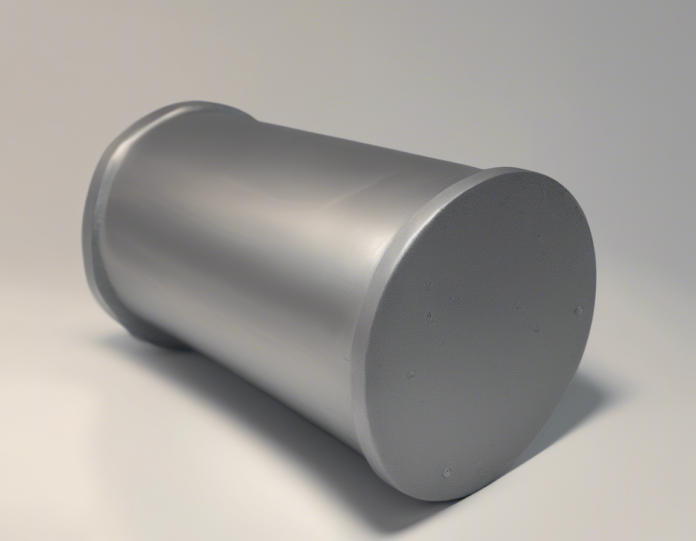When it comes to understanding the concept of mass for a 2kg solid cylinder, there are several factors to consider. Mass is a fundamental property of matter that quantifies the amount of material present in an object. In the case of a solid cylinder, mass refers to the total amount of matter contained within the cylinder.
Understanding Mass and Solid Cylinders
- Definition of Mass: Mass is the measure of the amount of matter in an object. It is a scalar quantity, meaning it only has magnitude and no direction.
- Solid Cylinder: A solid cylinder is a three-dimensional object with a circular cross-section. It has a uniform density throughout its volume.
Calculating Mass of a Solid Cylinder
To determine the mass of a 2kg solid cylinder, we need to consider the formula for calculating the mass of a cylinder:
[ \text{Mass} = \text{Density} \times \text{Volume} ]
Factors to Consider:
-
Density: Density is a key property of a material that represents the amount of mass per unit volume. The density of the material from which the cylinder is made will be a crucial factor in determining its mass.
-
Volume of the Cylinder: For a cylinder, the volume can be calculated using the formula:
[ V = \pi r^2 h ]
where ( r ) is the radius of the cylinder’s base and ( h ) is the height of the cylinder.
Example Calculation:
Let’s assume the density of the solid cylinder is 1000 kg/m^3, the radius is 0.5 meters, and the height is 2 meters. Substituting these values into the formulas, we get:
[ V = \pi \times (0.5)^2 \times 2 \approx 1.57 \, m^3 ]
[ \text{Mass} = 1000 \times 1.57 \approx 1570 \, \text{kg} ]
Important Points to Note:
- Uniform Density: The calculation assumes that the cylinder has a uniform density throughout its volume. If the density varies, the calculation would need to account for this.
- Unit Conversion: Ensure consistency in units when carrying out calculations to avoid errors in the final result.
- Real-world Considerations: In practice, the mass of a solid cylinder may differ slightly due to factors like imperfections in the material and manufacturing processes.
FAQs about Mass of 2kg Solid Cylinder
-
What is the significance of mass in physics?
Mass plays a crucial role in various physical phenomena such as determining an object’s inertia, gravitational force, and its behavior in different environments. -
How does mass differ from weight?
Mass is the amount of matter in an object, while weight is the force exerted on an object due to gravity. Weight is dependent on mass and the acceleration due to gravity. -
Can the mass of a solid cylinder be negative?
No, mass is a scalar quantity and cannot be negative. It is always a positive value or zero. -
How does the shape of an object affect its mass?
The shape of an object influences its volume, density, and ultimately its mass. Different shapes will have different mass for the same material depending on their dimensions. -
Why is density important in calculating mass for solid objects?
Density provides the mass per unit volume of a material, which is essential when determining the mass of solid objects with varying shapes and sizes.
Understanding the concept of mass for a 2kg solid cylinder involves considering its density, volume, and the uniform distribution of matter within the object. By applying the relevant formulas and principles, one can accurately determine the mass of such a geometric solid.




